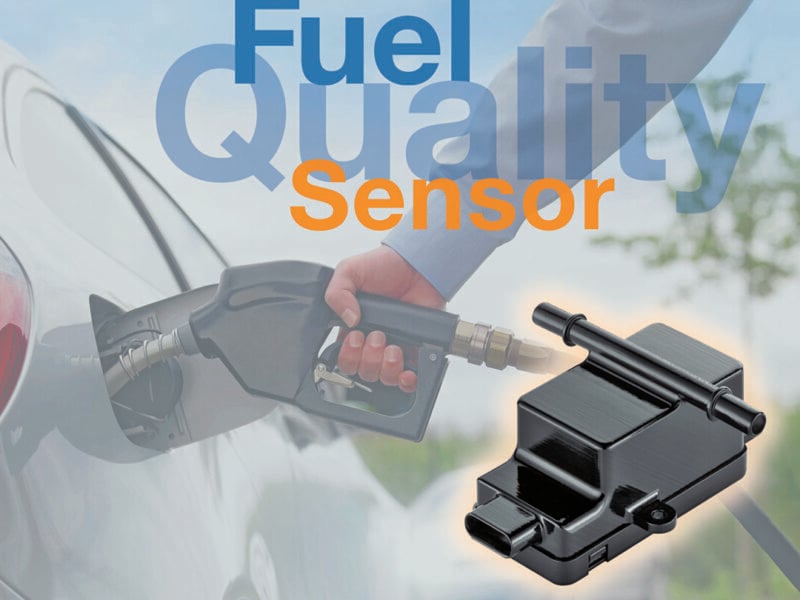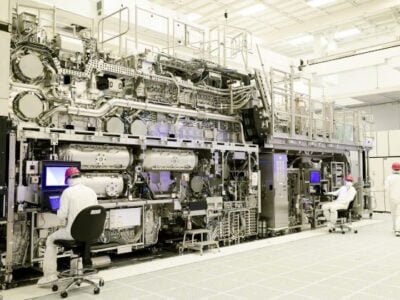
Fuel quality sensor helps adapting cars to different fuel qualities
Besides providing data as to the fuel quality, the sensor also detects substances in the fuel, such as sulfur, the gasoline water content, additives, and other contaminants. The information can be used to protect engine components and parts of the exhaust gas after treatment against a potentially negative impact influences on their operation and the emissions level.
The development of the fuel quality sensor is driven by a global trend to reduce the dependency on fossil fuels to bring down transportation related CO2 emissions. According to Continental, this trend has pushed the use of an increasing number of alternative fuels. These fuels include bio diesels produced from various ester origins, and fuels with ethanol content (E10+). As a consequence, modern world cars will need to be prepared for diverse fuel qualities.
The sensor is an embedded device that uses a MOEMS component (Micro OptoElectroMechanical Sensor) to determine fuel composition by measuring light transmission in the infrared spectrum. This optical measuring principle can be used to detect many different fuel properties such as density, heat value, cetane and octane number, sulfur content classification, viscosity and others. A single type of sensor hardware covers both, diesel and gasoline engine applications. Sensor data are analyzed by embedded chemiometric models that predict the fuel content based on a single specific parameter. Once installed, the sensor micro system will monitor the fuel composition and provide this information to the engine controller.
Newly developed software modules in engine management systems will be able to adjust parameters like injection timing and quantity. “Whatever the individual OEMs requirement is, the intelligent Fuel Quality Sensor will provide a starting point for adapting engine management. By integrating the sensor module in a vehicle and enhancing the engine controller software it will become possible to compensate fuel quality variations, to optimize engine operation and to protect not only sub-systems such as the exhaust gas after-treatment but also the engine itself”, says Gerhard Böhm, Head of Continental’s Engine System business unit. “The fuel quality sensor will thus help to ensure constant engine operation despite increasingly unpredictable fuelling options.”
 If you enjoyed this article, you will like the following ones: don't miss them by subscribing to :
eeNews on Google News
If you enjoyed this article, you will like the following ones: don't miss them by subscribing to :
eeNews on Google News




